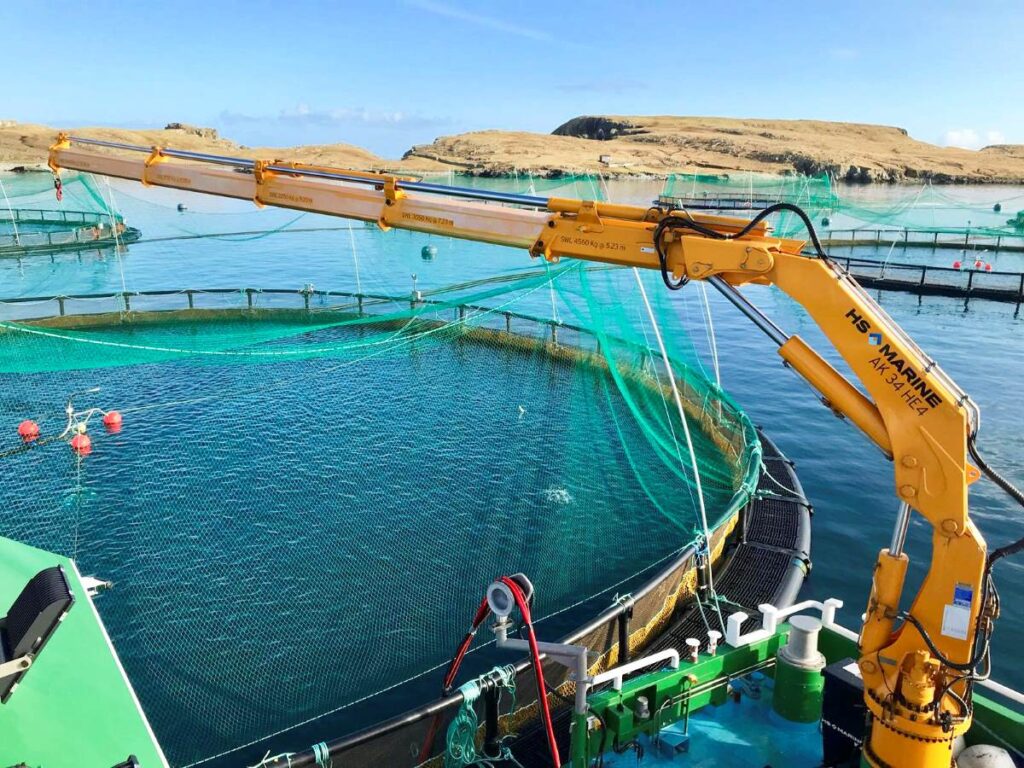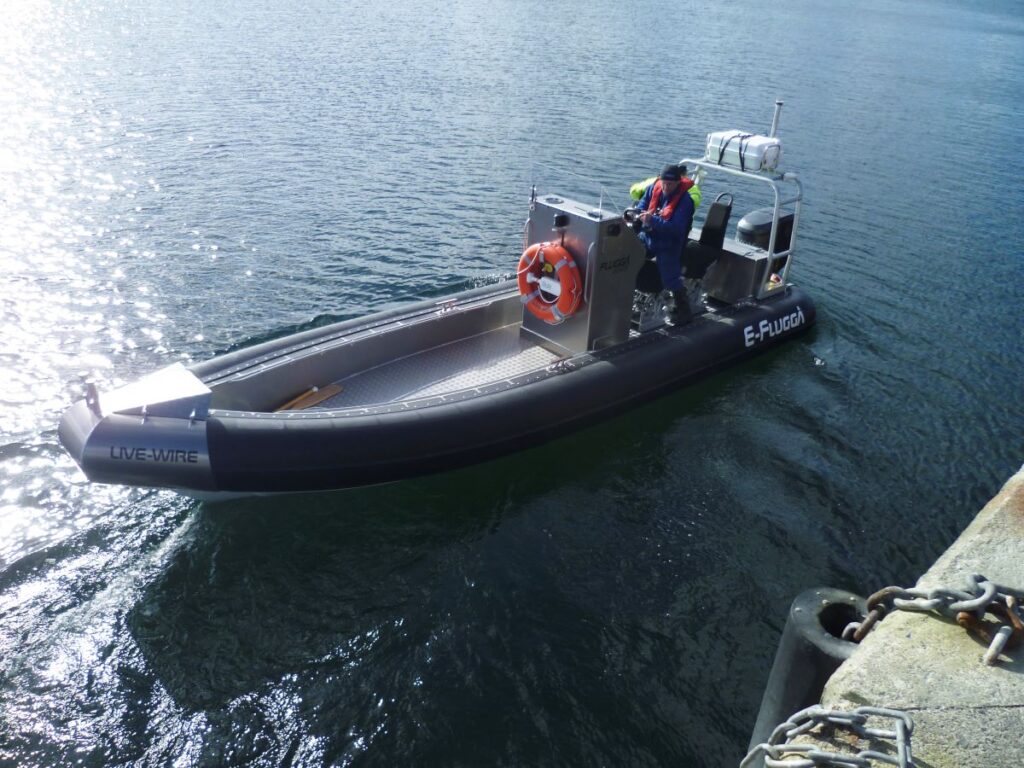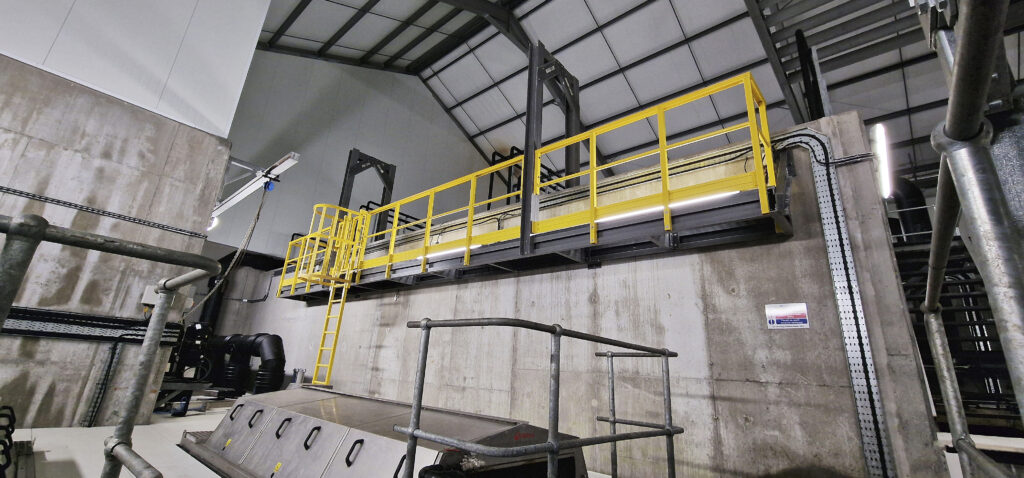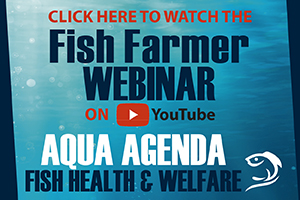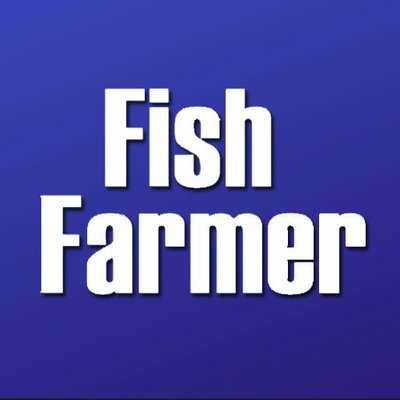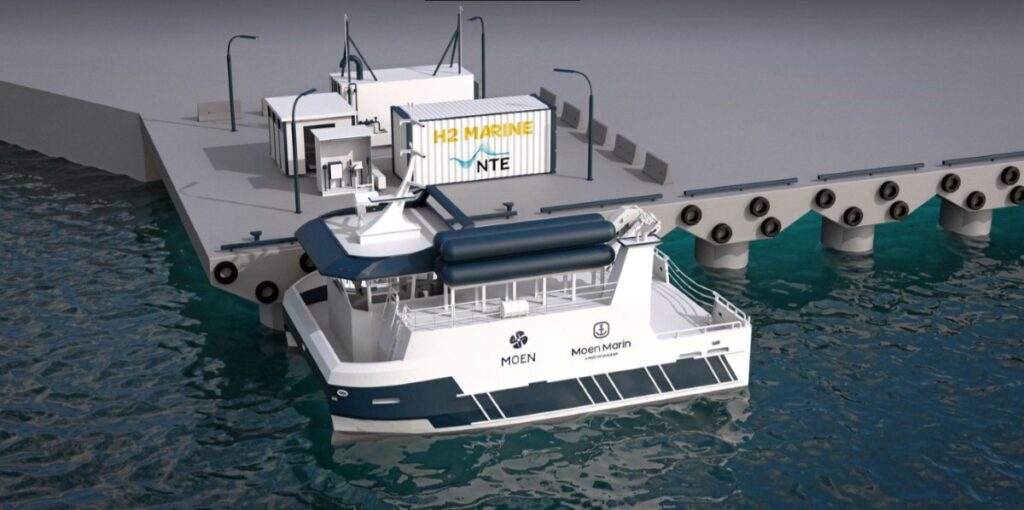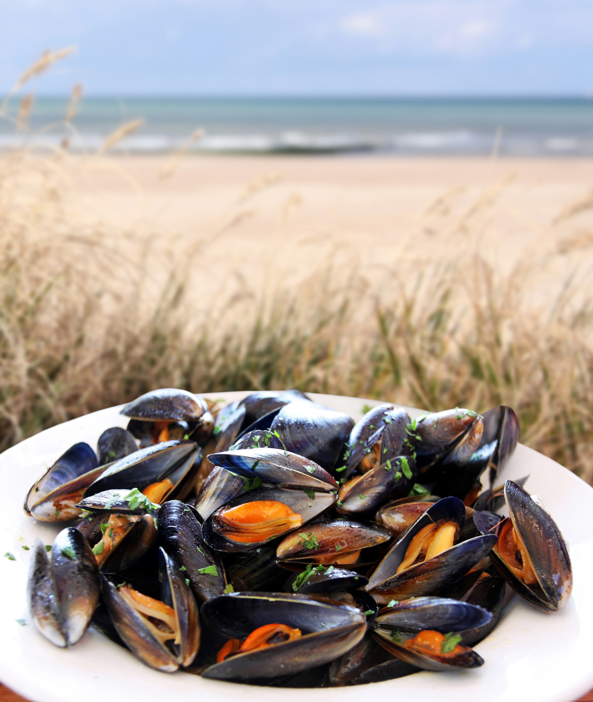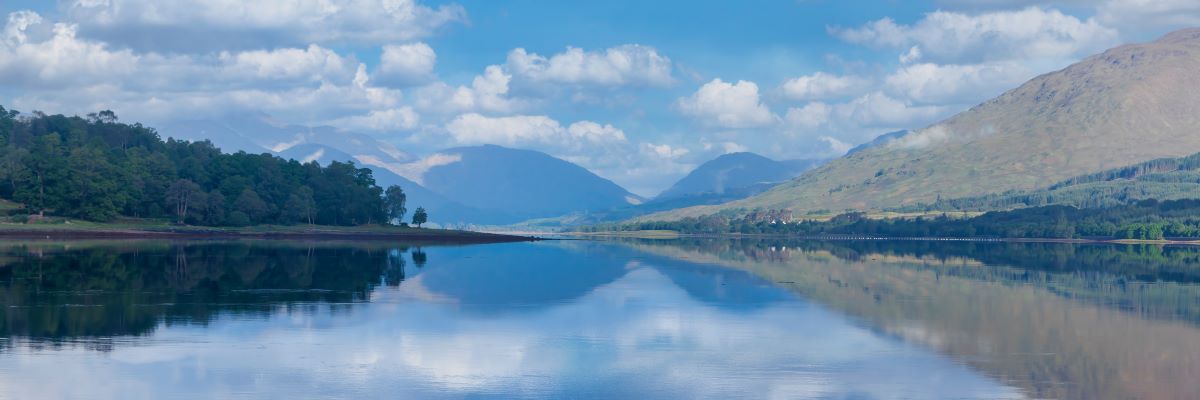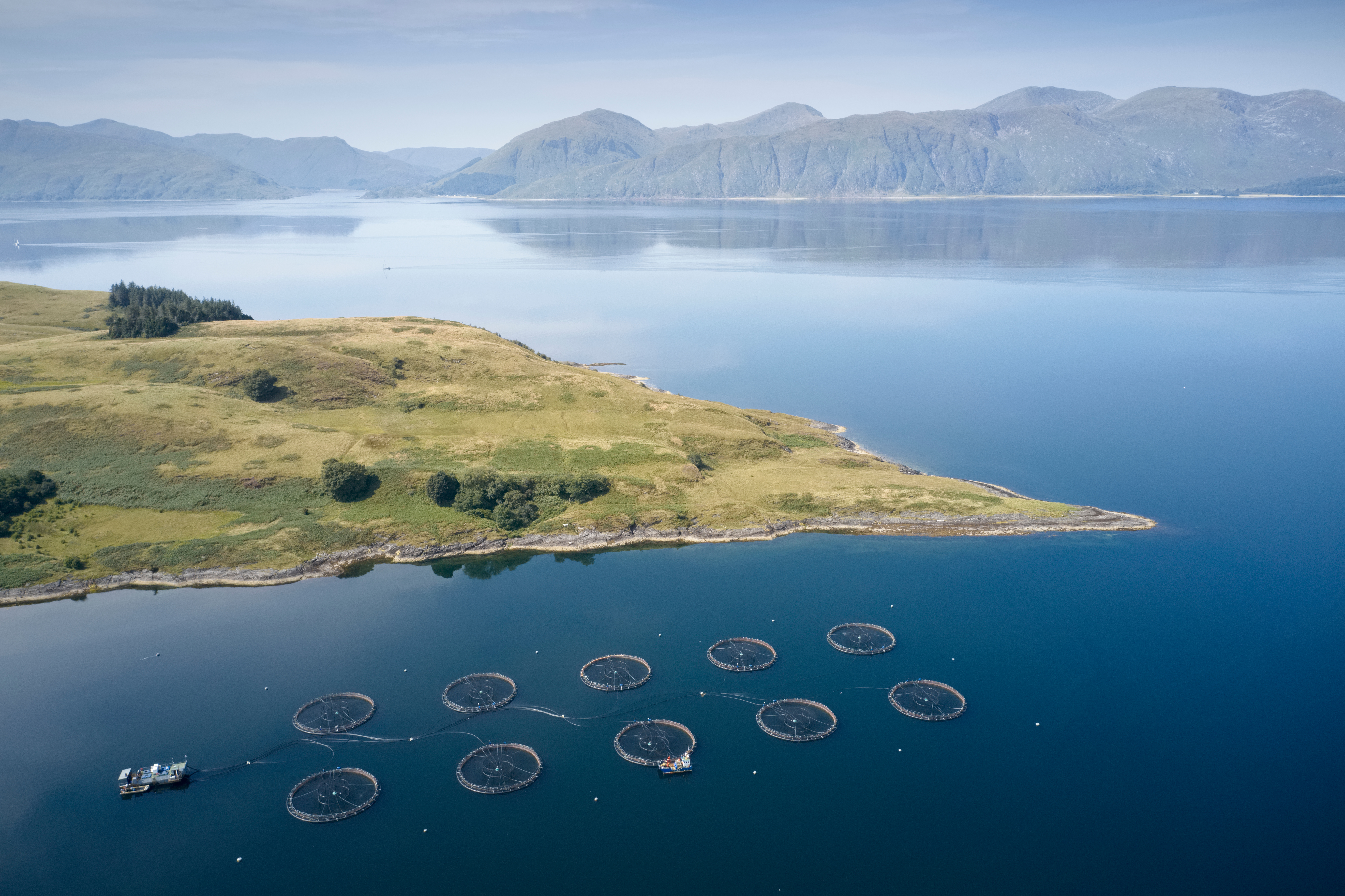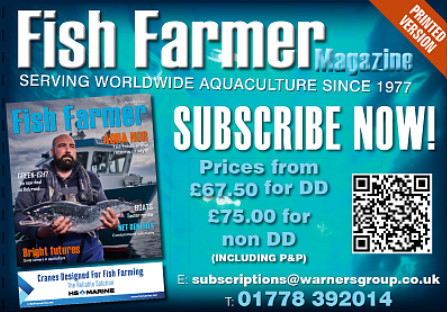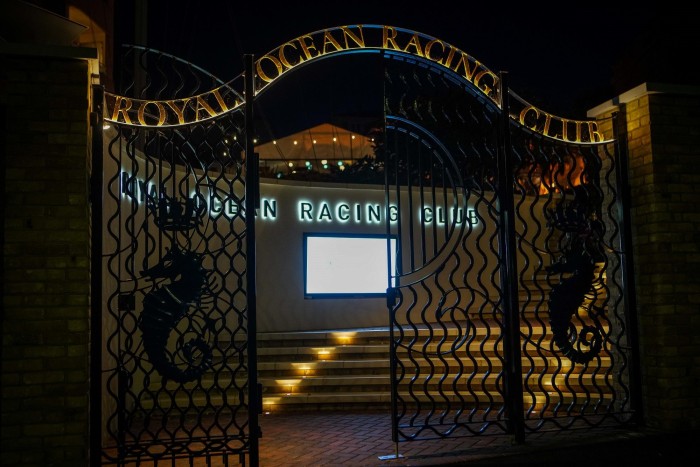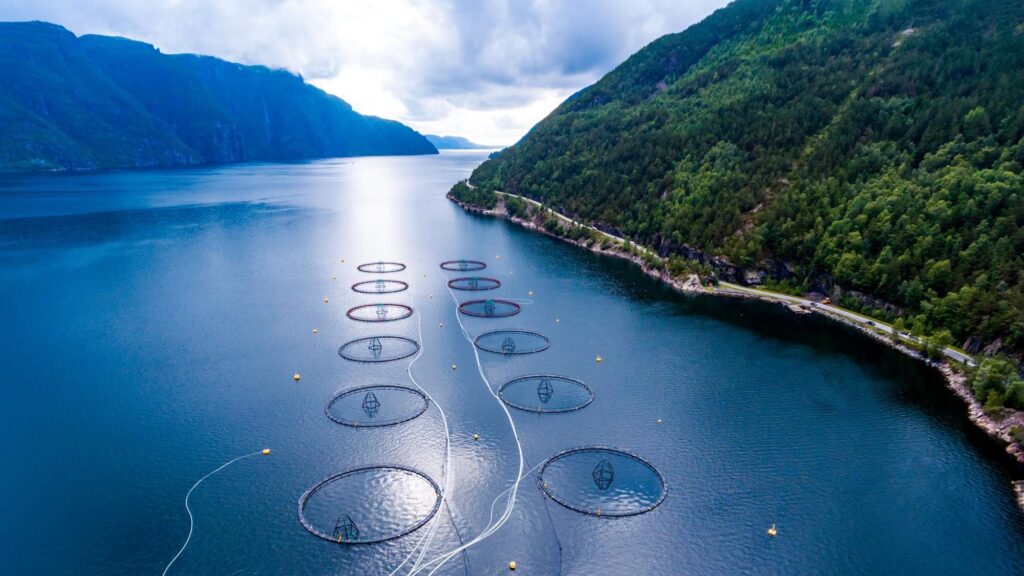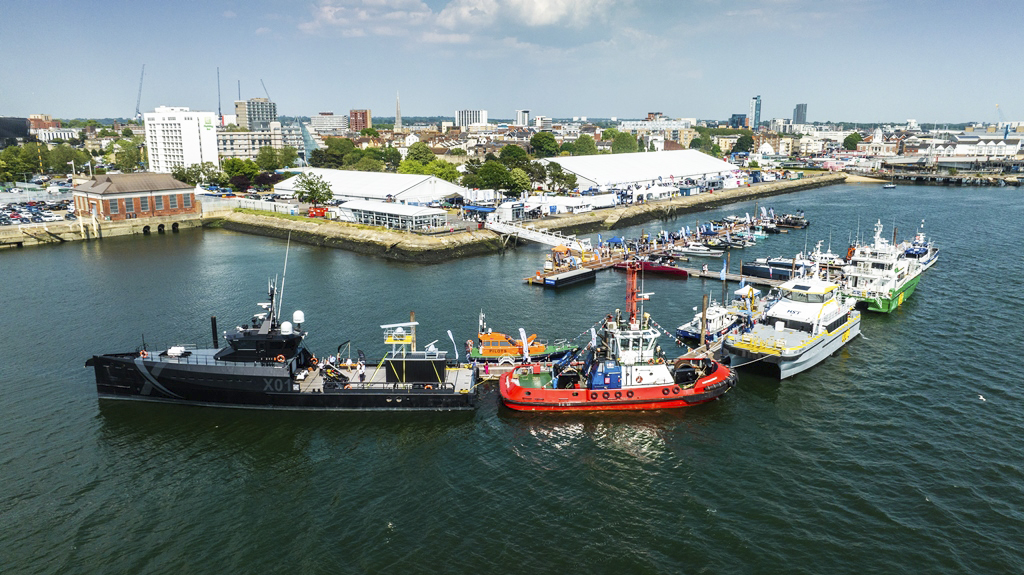Latest News
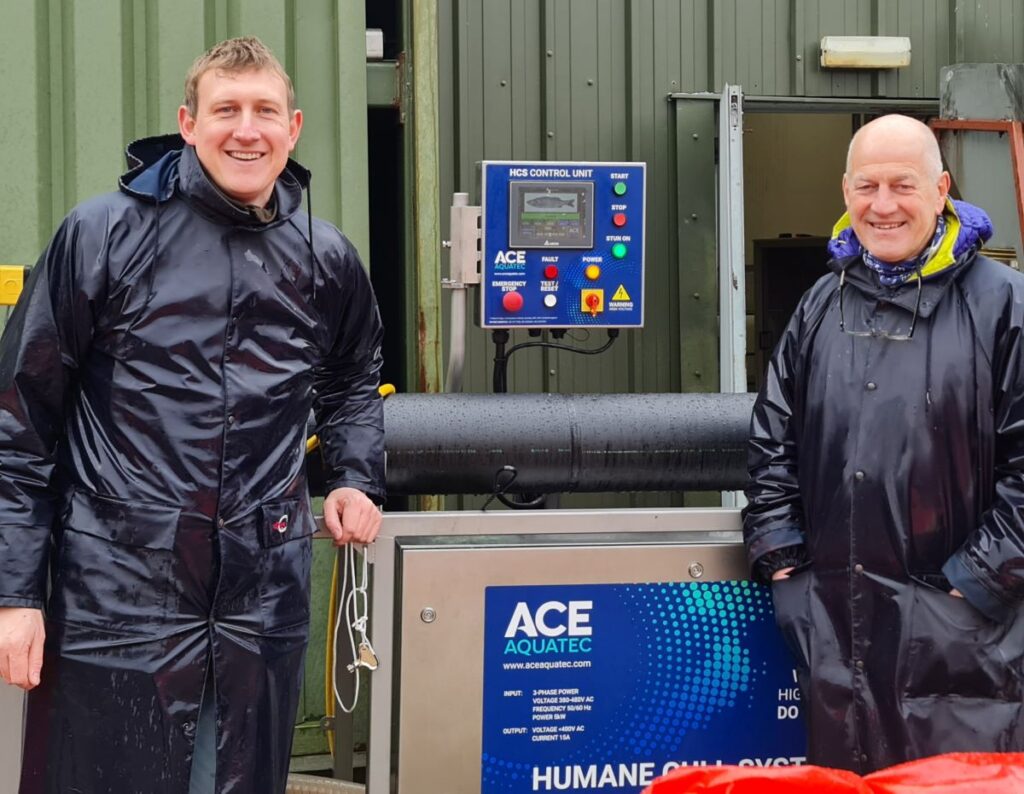
Making sure every fish counts behind new partnership move
The aquaculture technology specialist company Ace Aquatec is leading a new partnership to improve salmon farming’s circular economy. Pictured: Ace Aquatec Head of Sales Ben Perry and Senior Field Services Manager Ian Lawson with the A-HCS®. The move involves collaboration...
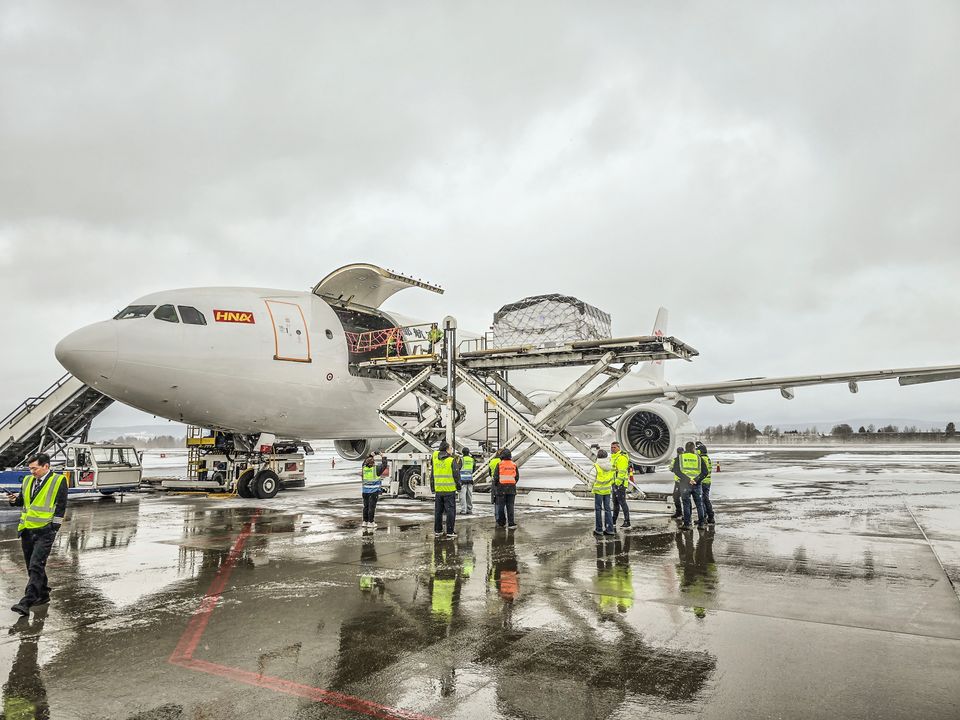
Oslo opens new salmon air route to China – via Kazakhstan
A new direct salmon air route between Norway and China has just been launched from Oslo. The interesting aspect is that the plane travels via the former Soviet republic of Kazakhstan, close to Russia, an area of the world avoided...
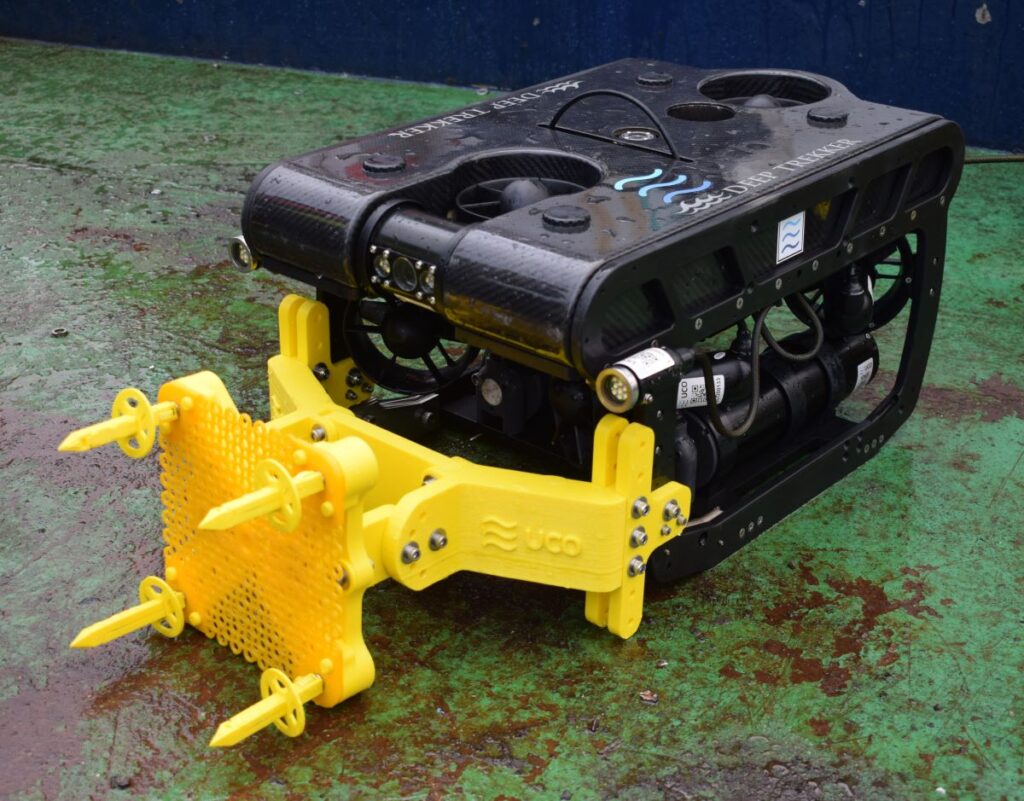
UCO nets a solution to the problem of containment
Maintaining the integrity of nets is essential for a fish farm – but can be expensive. Fortunately, there is an answer to the dilemma Containment of stock is a key aspect of husbandry operations, of vital importance for the fish...
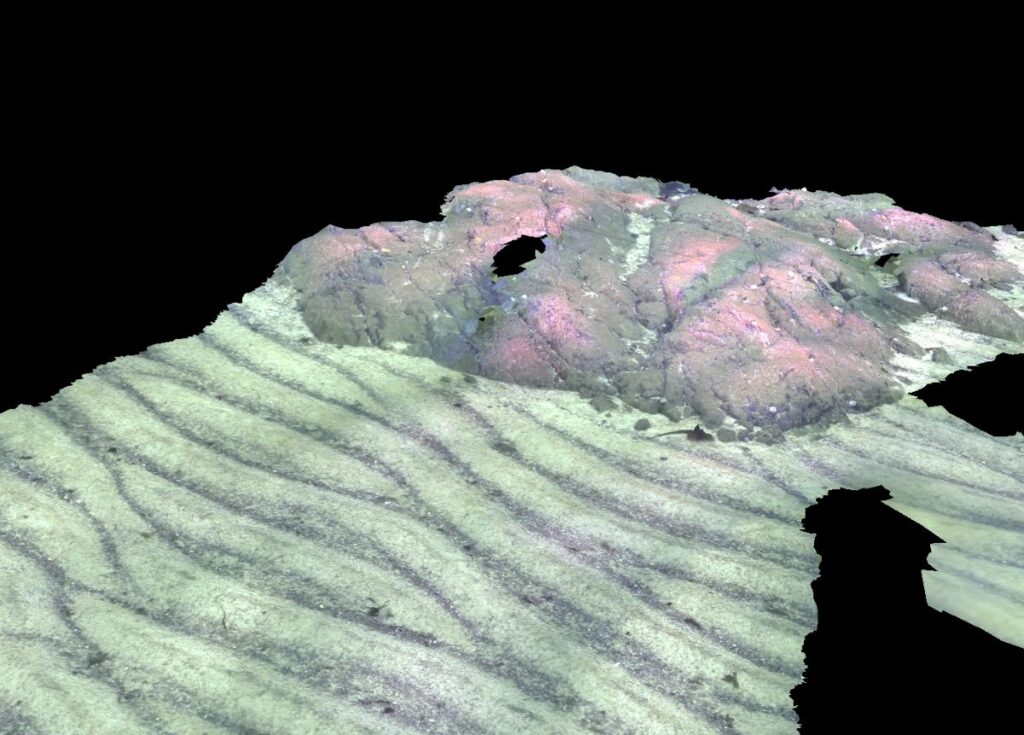
Enhancing aquaculture operations
A comprehensive solution from Tritonia and Ocean Ecology Tritonia Scientific provide underwater surveying through the use of remote sensing techniques (multibeam, sidescan and ROV – remotely operated vehicle – visual surveys), complemented by scientific and commercial diving capabilities. Renowned for...
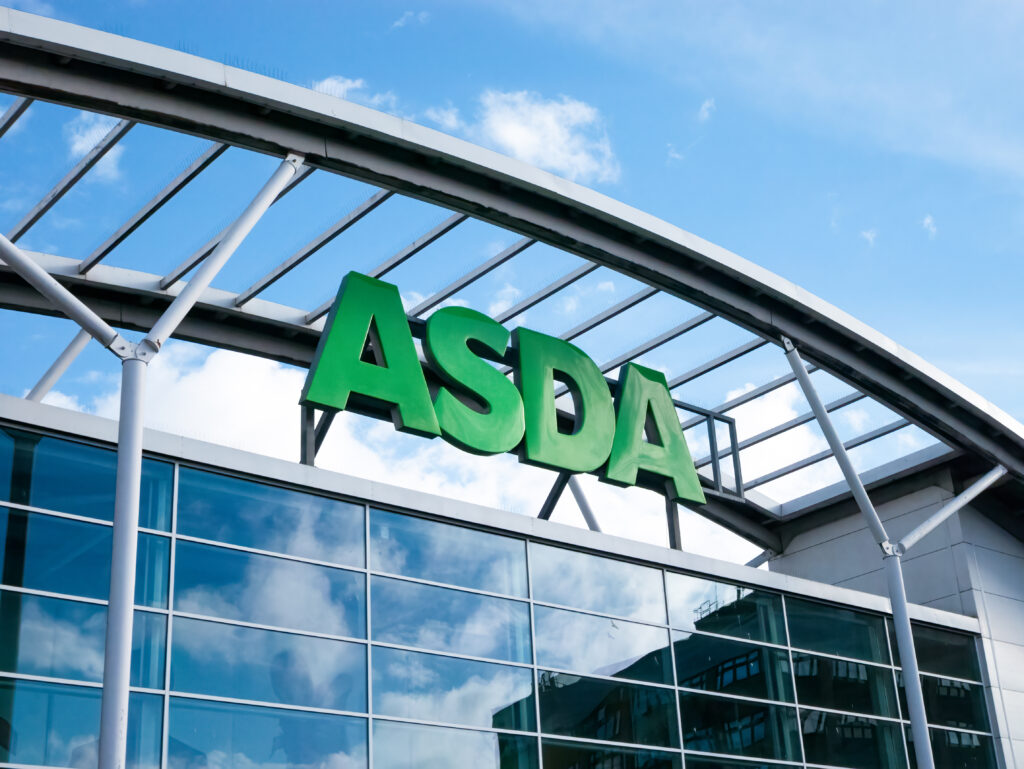
Asda recalls wrongly labelled King Prawn product
The Asda supermarket group has pulled a cultivated fresh king prawn product from its shelves over mislabelling; a mistake which could make them unsafe. Asda has warned the public not to eat the product, which is probably farmed. It is...
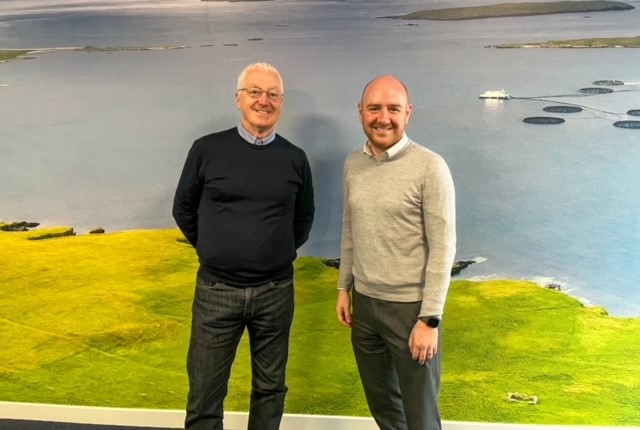
Labour election hopeful impressed during visit to Cooke Aquaculture
Frank McNally, a leading Scottish Labour politician and general election hopeful, has met with Cooke Aquaculture Scotland to hear about the positive and social impact the company, and aquaculture in general, is having on the region. (Pictured) Cooke Scotland managing...
NEWSLETTER
Stay in touch with the latest developments from Fish Farmer and subscribe to our online updates
What's New

UCO nets a solution to the problem of containment
Maintaining the integrity of nets is essential for a fish farm – but can be expensive. Fortunately, there is an answer to the dilemma Containment of stock is a key...

Enhancing aquaculture operations
A comprehensive solution from Tritonia and Ocean Ecology Tritonia Scientific provide underwater surveying through the use of remote sensing techniques (multibeam, sidescan and ROV – remotely operated vehicle – visual...
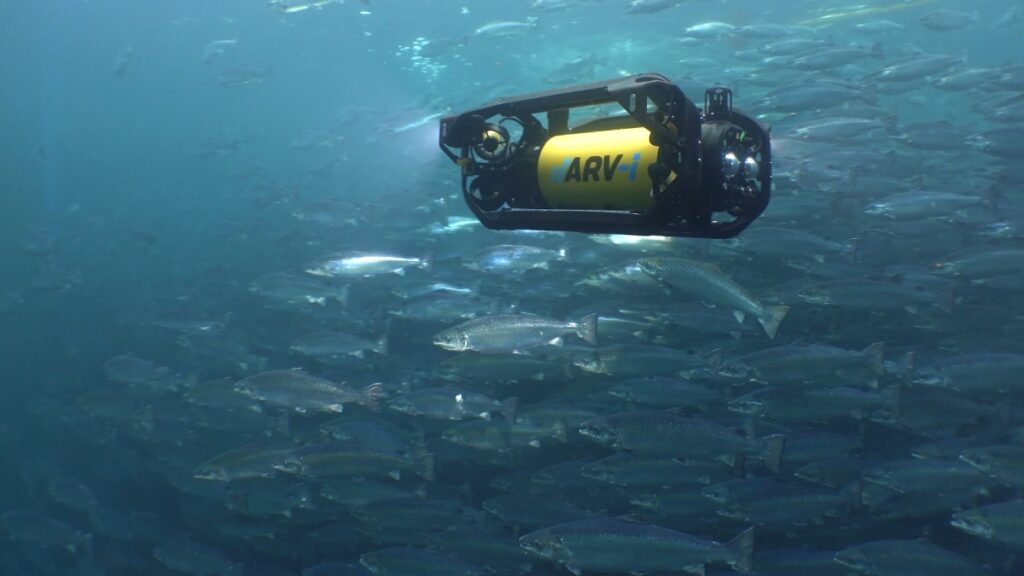
Elevate your fish farming with robotics solutions
Staying competitive in the dynamic fish farming industry requires a comprehensive approach to cover a multitude of inspections. Here to help is ARV-i, a state-of-the-art underwater robot designed by Boxfish...
Jobs
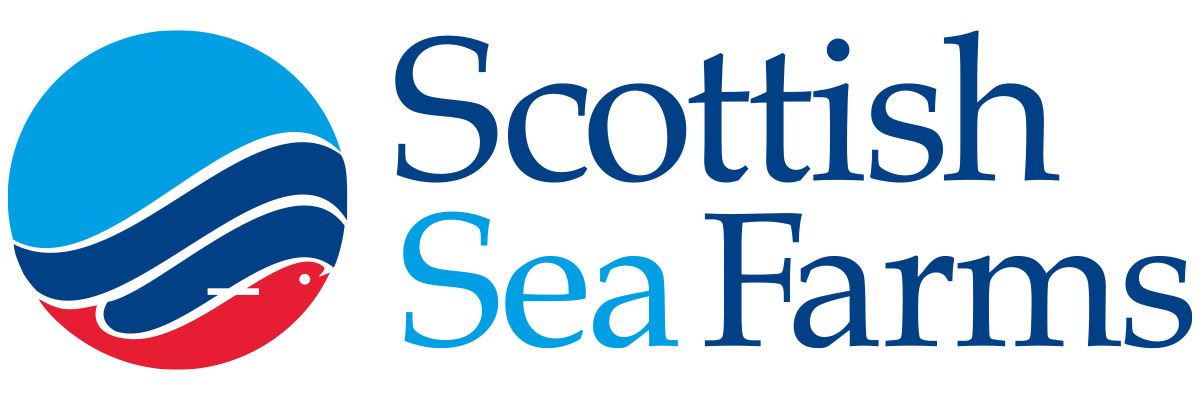
Quality Monitor, Lerwick
We’re currently recruiting for a Quality Monitor at our Lerwick processing plant. The role is within our Quality team who are responsible for ensuring the highest welfare, food safety and...

Senior Husbandry, Orkney
Are you a highly motivated individual looking to expand your career? We are currently recruiting for a Senior Husbandry role to support the Farm manager in the day-to-day operation of...
Features
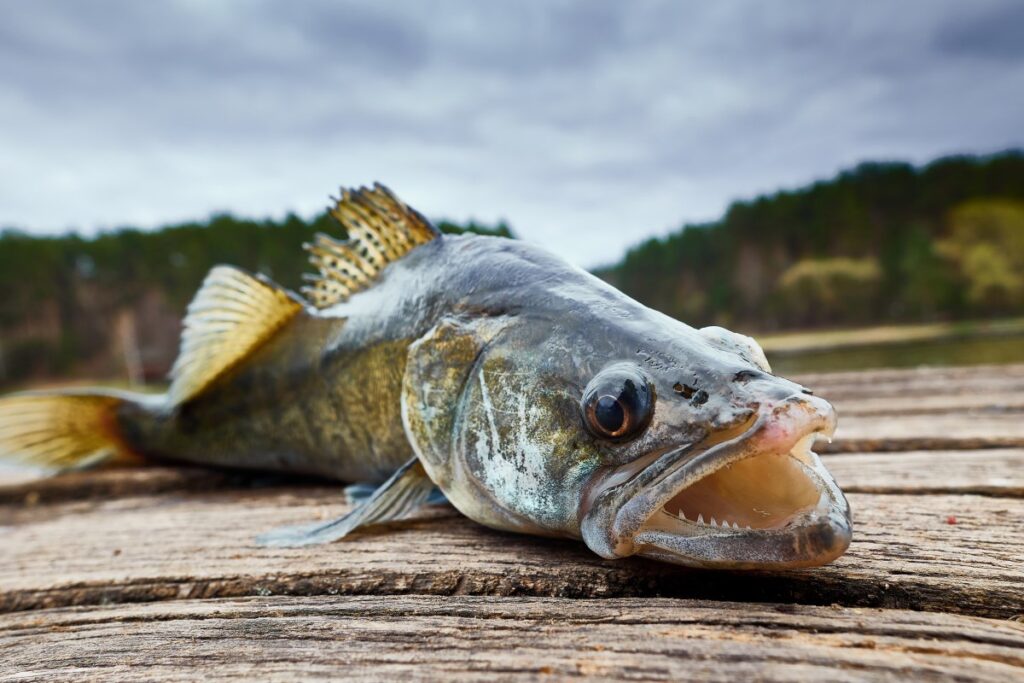
Fit for an emperor
A RAS farm in Germany has been leading the way in raising pike-perch for the table at a commercial scale. Robert Outram reports Mark Saalmann has some advice for any...
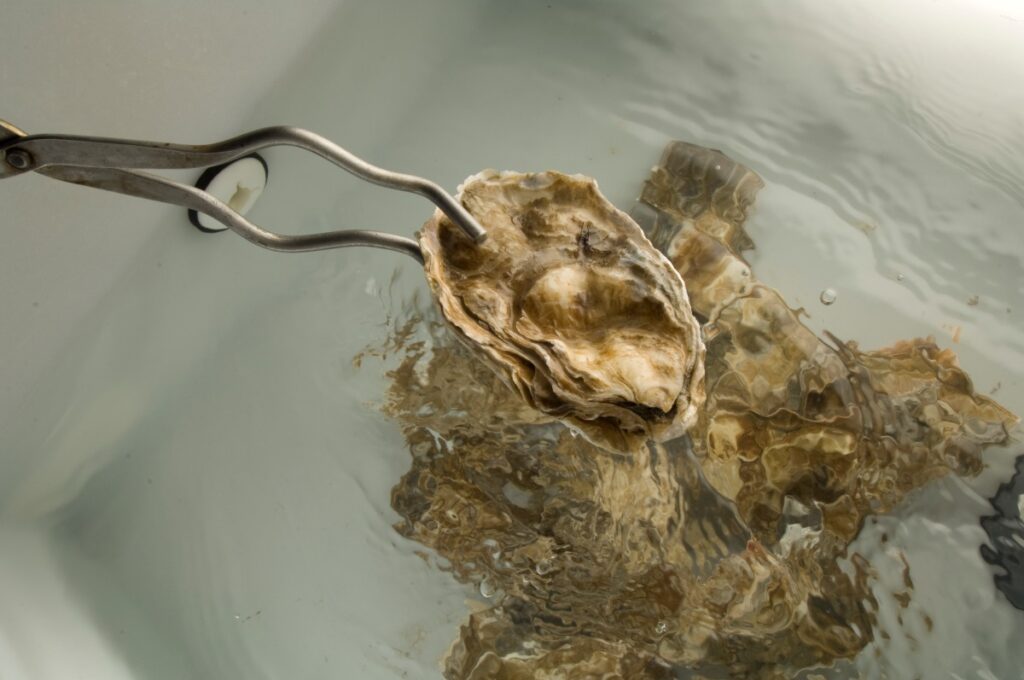
Emerging innovations for the shellfish industry
Innovation could help the shellfish industry adapt to restrictions posed since Brexit, writes Martin Sutcliffe Water quality is an important issue for the aquaculture sector and can be incredibly varied...
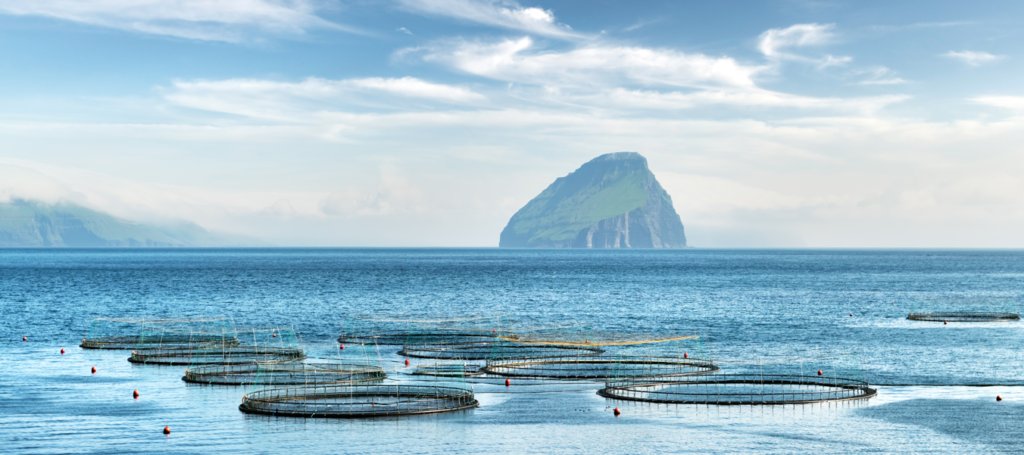
Fjords, the Faroes and flying fish
For a small fish farming nation, this rocky archipelago punches above its weight, writes Robert Outram. Additional reporting: Vince McDonagh The Faroese Research establishment formerly known as Fiskaaling has a...
Opinion
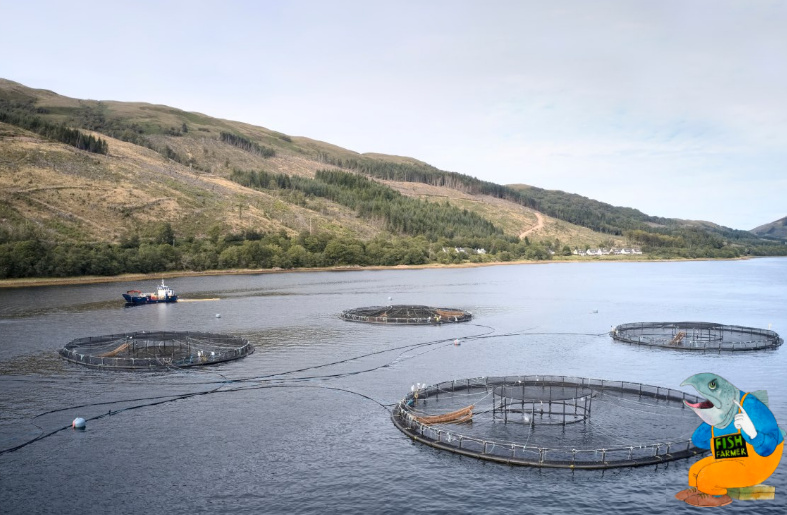
The speed of reaction
Opinion piece by Nick Joy I admit that my mind might not be quite on the job at the moment. Coming back from Sicily by car has been quite an...
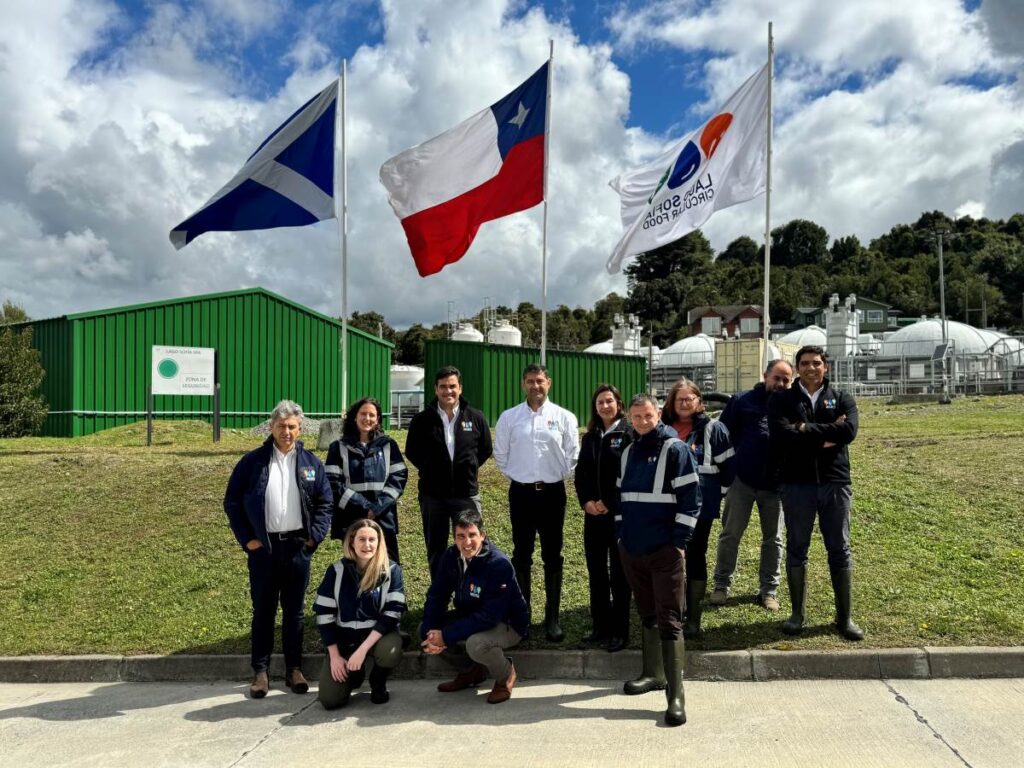
Southern exposure
Scotland was well-represented at the Aquasur trade show in Chile, as Mairi Gougeon reports I have recently returned from an official visit to Chile, promoting Scotland’s aquaculture sector and exceptional...
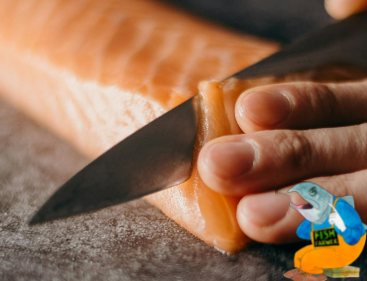
Why we need exports
By Nick Joy Travelling to Europe is a wonderful thing for widening the mind but also reminding me how much we continue to depend on the good taste of our...

Building up an appetite
How to persuade UK consumers to eat more seafood was a key issue at the Norway-UK Seafood Summit, reports Dr Martin Jaffa At the end of February, Norway came to...
Events
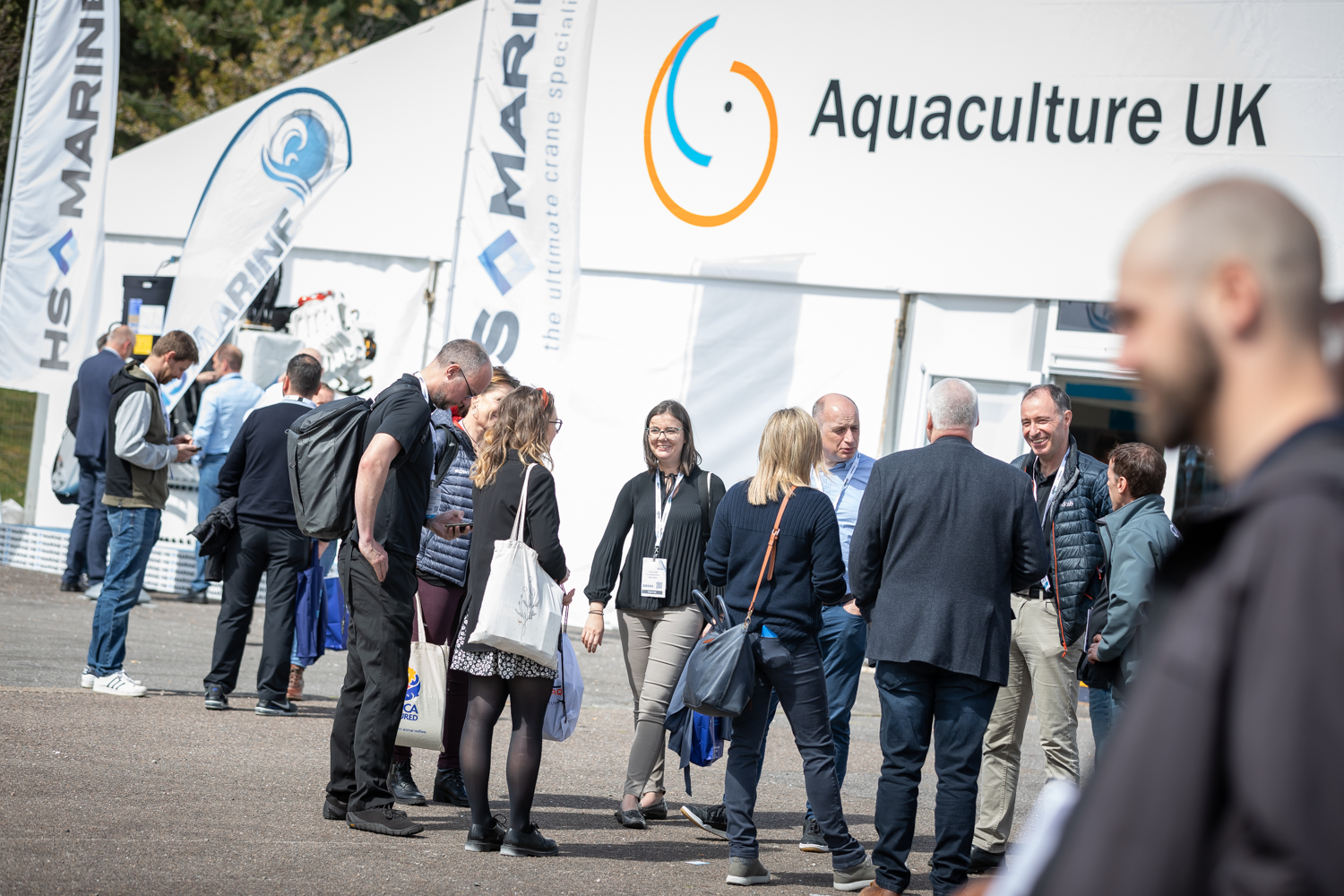
Packed programme for Aquaculture UK’s new Innovation Theatre
Aquaculture UK has unveiled the programme for its first ever Innovation Theatre, with presentations running in parallel with existing Keynote Theatre. The trade show and conference will be held over...
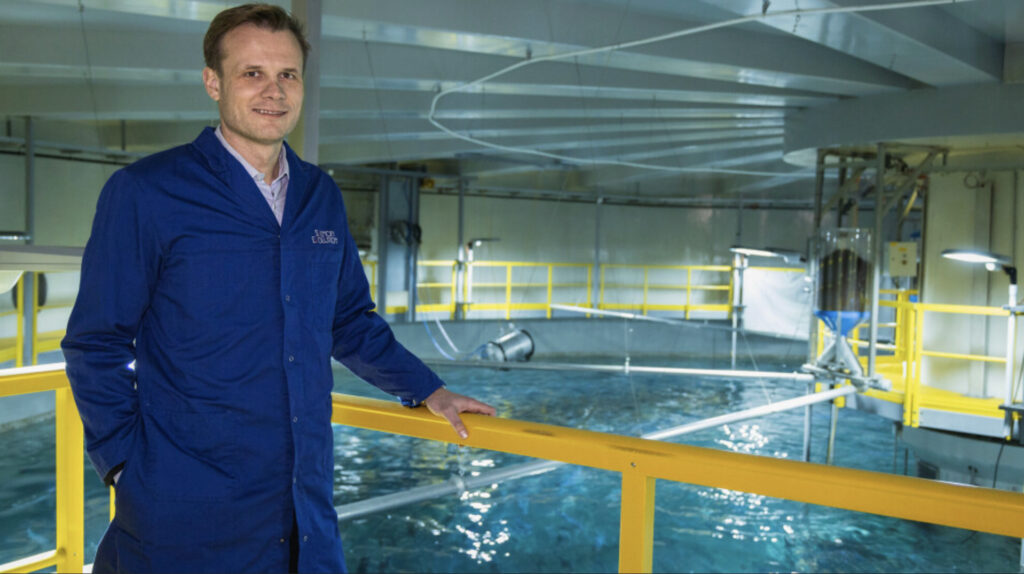
Data will drive the fish farm of the future
As technological advancements continue and costs become more accessible, how are traditional and modern fisheries adopting data-driven approaches and intelligent systems into their production processes? This will be one of...
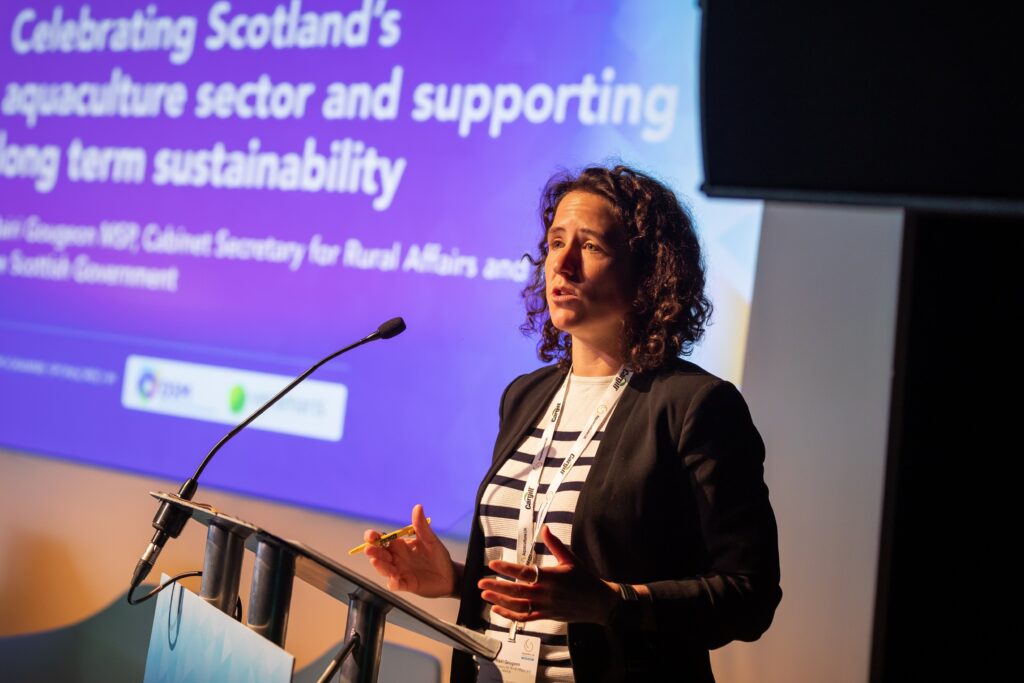
Minister to open Aquaculture UK conference
Scotland’s Rural Affairs Minister, Mairi Gougeon, will head an exciting line-up of speakers at Aquaculture UK, which gets underway in Aviemore in two months’ time. The keynote theatre programme, now...
NEWSLETTER
Stay in touch with the latest developments from Fish Farmer and subscribe to our online updates




